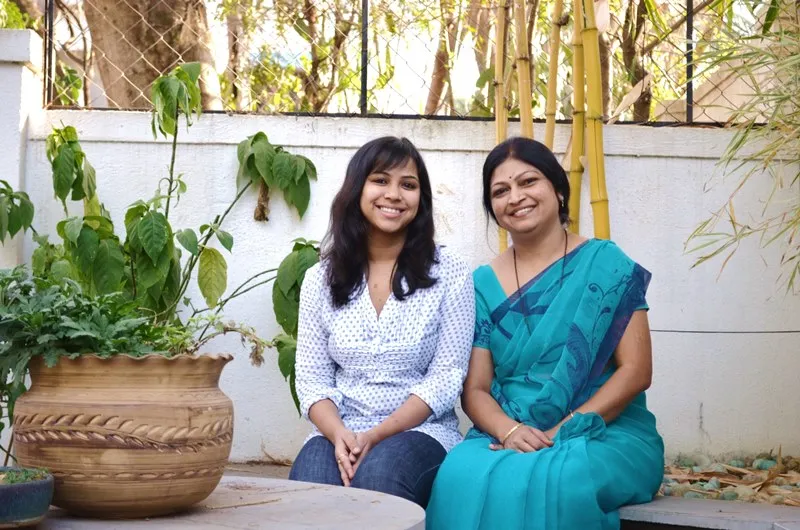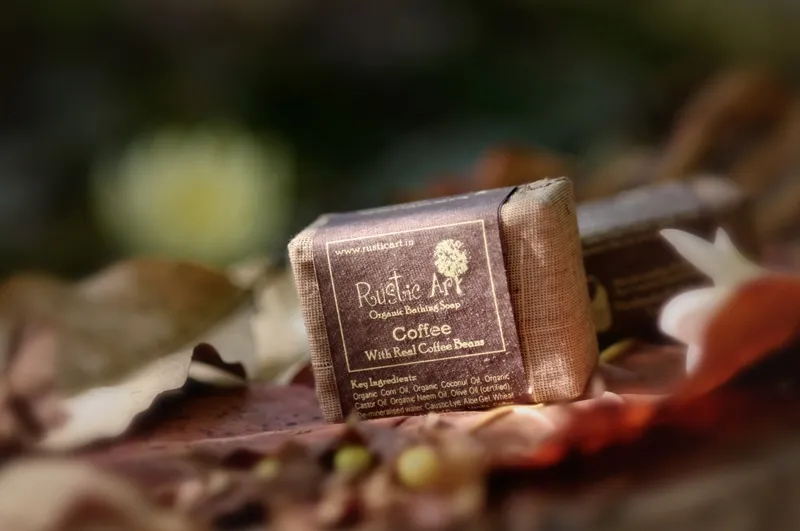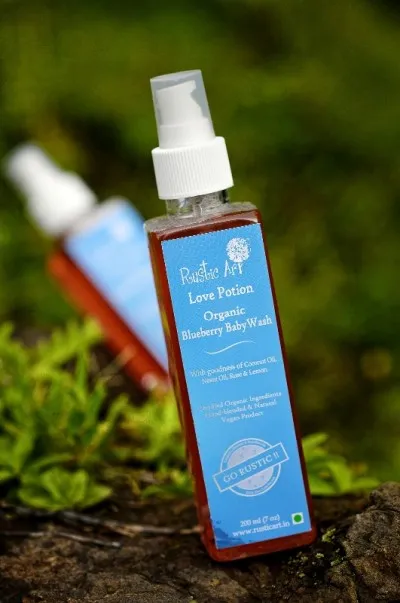Organic challenges for Rustic Art: 'Do you have any baby fairness creams?'
In 2012, the FMCG market revenue in India was worth USD 36.8 billion. That number is projected to reach USD 47.3 billion in 2015. Personal care (22 per cent), hair care (8 per cent) and baby care (2 per cent) account for 32 per cent of that market together. For more than three decades, Hindustan Unilever Limited has hectored over the personal care market with its most popular product: Fair & Lovely. Godrej, Dabur, Emami and P&G follow close by. The bottom-line is that mass-produced wares rich in harsh chemicals are the standard go-to solutions for personal care in both rural and urban India.
In a market dominated by industries that create environmentally unsustainable products, it’s hard for handmade toiletries’ manufacturers to expand. But with the increasing demand for better, safer and healthier products, a new crop of ‘organic’ toiletries have entered the fray. One such company is Rustic Art.
In early 2011, in Satara, Maharashtra, Swati Maheshwari and Sunita Jaju -niece and aunt- began making soap from scratch. Swati says, “At home, we were always used to using natural alternatives to everything.” As the rest of India switched to Rin, Surf and Ariel, Swati and her family still used a natural laundry soap made from coconut oil.

Swati says, “People don’t have time to make things from scratch. They want something that’s ready to use, and personal care is something people use every day. That’s why we started Rustic Art.” However, their biggest predicament was product awareness. “People think organic products are expensive, so there’s a big mental block. If not that, then they think it’s a scam.” Even so, buyers are justified in expressing incredulity. Rustic Art’s most popular products are its aloe vera gels. Often, small-time manufacturers contact Rustic Art to purchase aloe vera in bulk. She says, “I get these calls asking for 20 kilos of aloe vera. When I ask them what anyone would do with such a small amount, they say, ‘Oh! We just need to add some aloe vera to claim its an aloe vera gel.'”
Rustic Art’s second challenge is consumer habits. With mass production, consumers are given to using large amounts of otherwise cheap products. So every month you restock on toiletries. But handmade products don’t work this way. They froth less, they have a shorter-shelf life, but, Swati says, “They last you longer than a month, because you only need to use very little of it. In the end, it comes out to be economical.”

Rustic Art’s more environmentally conscious clientele persistently request Swati and Sunita to make ‘refill’ option available. Though Swati ensures the plastic packaging they use is 100 per cent biodegradable, customers argue that if the bottle is in good shape, why not just get a refill than create more waste.
Swati believes that if people really feel they need to use more products than necessary, they should, at least, be informed about the decisions they make. “It’s bizzare,” she says, “that we have so many products for newborn babies. The least you can really do for your child is know the ingredients on the label.”

For the past four years, Bangalore has given Rustic Art most of its business. Punjab, Delhi, Goa and West Bengal have also seen considerable sales. Nevertheless, with a business that relies on hand-manufacturing by village women in Pondicherry, no machinery and ingredients sourced from certified organic farms in Tamil Nadu and Kerala, expansion is a daunting prospect. “Our monthly revenue is around INR 6-7 lakhs. We don’t have stand-alone stores. We only sell through retailers and online.” It’s a sustainable business, she claims, but that also becomes its greatest weakness. She says, “Even if we want to, we can’t become a big brand. Our reach is grassroot. The only way to grow is to set up more manufacturing units.”
Swati feels that the best thing that could happen to the organic personal care market is stringent regulation. It would instill credibility in brands and remove fradulent producers from the market. Otherwise, it’s hard to build a customer’s trust when you claim to be sustainable and organic, but don’t necessarily have a label to prove it. The next step, according to her, is better consumer awareness. “It’s disappointing to see big brands entering rural markets with products that are harmful. We’ve had village women near Satara come to us to buy our biodegradable laundry products. Villagers are truly willing to pay the extra price for good products. They understand better than cities,” she says,
On the future of Rustic Art, Swati says, “Right now is a rapid growth phase for us. A lot of people are increasingly interested in organic products. In that circle, they do value our products highly. They know these are good products, these are products they can count on. We do have clients who ask us: ‘Do you have any organic baby fairness creams?’ It’s gradual, but with more we’re hopeful things will change and more people will make informed decisions about what they put on their bodies and in the environment.”







